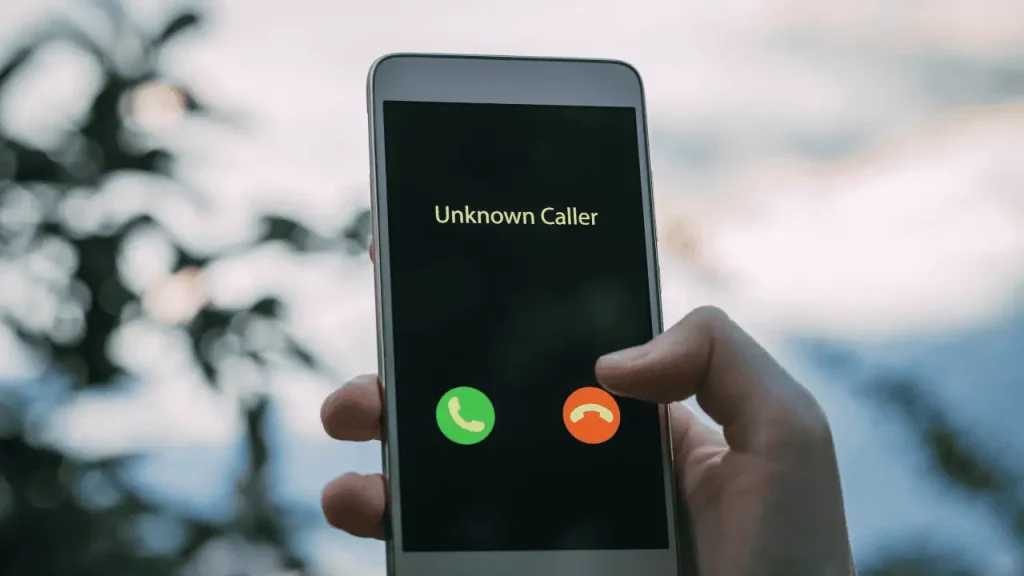Fraudsters use fake job offers, impersonation tactics, and deceptive inspection notices to trick residents
ONTARIO — Authorities are warning residents to stay vigilant after a wave of scams swept through Ontario in September, with fraudsters using increasingly sophisticated methods to target unsuspecting victims. The Canadian Anti-Fraud Centre (CAFC) and local police are highlighting four major scams that circulated last month.
Work-from-Home Job Scam
Job seekers across the province have reported receiving random text messages advertising “easy” remote jobs that promise high pay for minimal work. The scammers are impersonating recruiters and misusing the name of Serviceplan, a legitimate European agency, to sound credible. The messages promote part-time data entry positions on a so-called “Dofollow platform,” offering salaries of up to $5,900 per month for only 30–60 minutes of daily work.
Recipients are directed to a WhatsApp number with a New York area code. The CAFC warns that this is a phishing scam aimed at stealing personal and banking information or installing malicious software. Residents are urged not to reply, click links, or share any information, and to block the sender immediately.
Parking Ticket Scam
Fraudulent text messages titled “Ontario Parking Municipality Infraction Notice” have been sent to residents, falsely claiming they owe parking fines and must pay to keep their licence valid. The messages contain links to a fake payment site.
Authorities emphasize that there is no such entity as the “Ontario Parking Municipality,” and that municipalities do not send text messages demanding payment. Similar scams were reported earlier this year in Ottawa, where victims were threatened with licence suspension if they did not pay. This phishing scheme is designed to trick individuals into clicking malicious links or divulging personal data.
Bank Inspector Scam
A widespread scam involving impostors posing as bank employees or inspectors has resulted in significant financial losses—over $1 million in Halton Region alone this year. Victims receive phone calls claiming fraudulent activity on their accounts and are asked to “assist” in a supposed investigation.
Scammers spoof real bank phone numbers and instruct victims to cut their cards in half for pickup. An accomplice then collects the cards, giving the fraudsters full access to bank accounts. Authorities stress that banks will never ask for personal banking information, security codes, or physical card pickup, and they do not involve customers in investigations.
Gas Utilities Scam
Scammers are distributing fake Enbridge Gas inspection letters to homes, claiming upcoming gas meter and pipeline inspections. The letters appear official but include fraudulent phone numbers. When homeowners call the number, they receive follow-up texts requesting personal details, which are then exploited by fraudsters.
Enbridge has confirmed that legitimate inspection notices are always sent by mail and reference authorized contractors. The company never requests personal or banking information via text. Customers are advised to verify any suspicious communication through Enbridge’s official website or customer service line.
Authorities Urge Caution
Residents who believe they have been targeted by any of these scams should immediately contact their local police and report the incident to the Canadian Anti-Fraud Centre at 1-888-495-8501.

